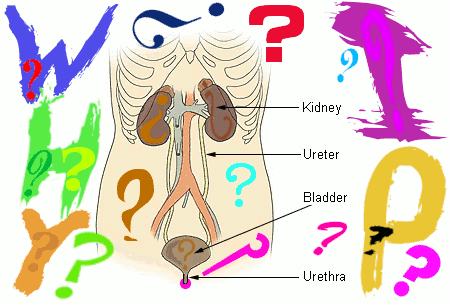
I've rightfully been faulted for too slowly producing my promised pummeling of the pathetic premises behind Intellectual Property (IP). On the other hand, the mere diversion of attention from the blog's core theme (money morals) to engage IP proponents could reasonably be question as well. So true to what I indicated previously, this post will examine why IP is a valid YeNom blog topic.
Restating exactly what this blog's objective actually is may be useful. This can be best encapsulated as ... freedom. Now if the direct connection between YeNom/SUYO (Simple Undeniable Yank-proof Ownership) and freedom is not readily evident then this review is particularly pertinent. In contrast to ‘freedoms’ afforded by the state (better called “freakdoms”) were one is generously released of responsibility and encouraged to enjoy rights to unearned medicine, food, housing, condoms, etcetera; the freedom I'm selling is the exact anti-thesis where responsibility is actually the prime prerequisite for real freedom and a person is free to suffer the consequences of their own actions (regardless of how excruciatingly successful that may turn out). I'd further like to aptly argue that freedom can be equivalently understood as disengagement from slavery.
YeNoms advance the above by simply providing the most effective means personally conceivable for realizing freedom. In other-words, no single thing predisposes the human mind to respond more slothfully and slave like than the notion of money as some natural proprietary asset of the state. This hardly argues that money per se is evil (as if such a thing existed), but just the opposite since money could fully enable the division of labor with all it's life saving and Homo-sapien enhancing advantages. So the real problem lies in money being catastrophically crippled when employed as some proprietary weapon. YeNoms are not only a thief proof foundation for open money, but is further distinguished from the current proprietary system by rewarding integrity instead for enticing issuers to profit from acts of bad faith.
State invented Intellectual Property rights like proprietary money is also an insult to freedom. And so therein lies the similarities. Although proprietary money has a much more immediate and dramatic effect on the lives of most individuals; an examination of IP is still valuable to create a more complete picture of the human servitude achieved through state gifts/control.

Comments: